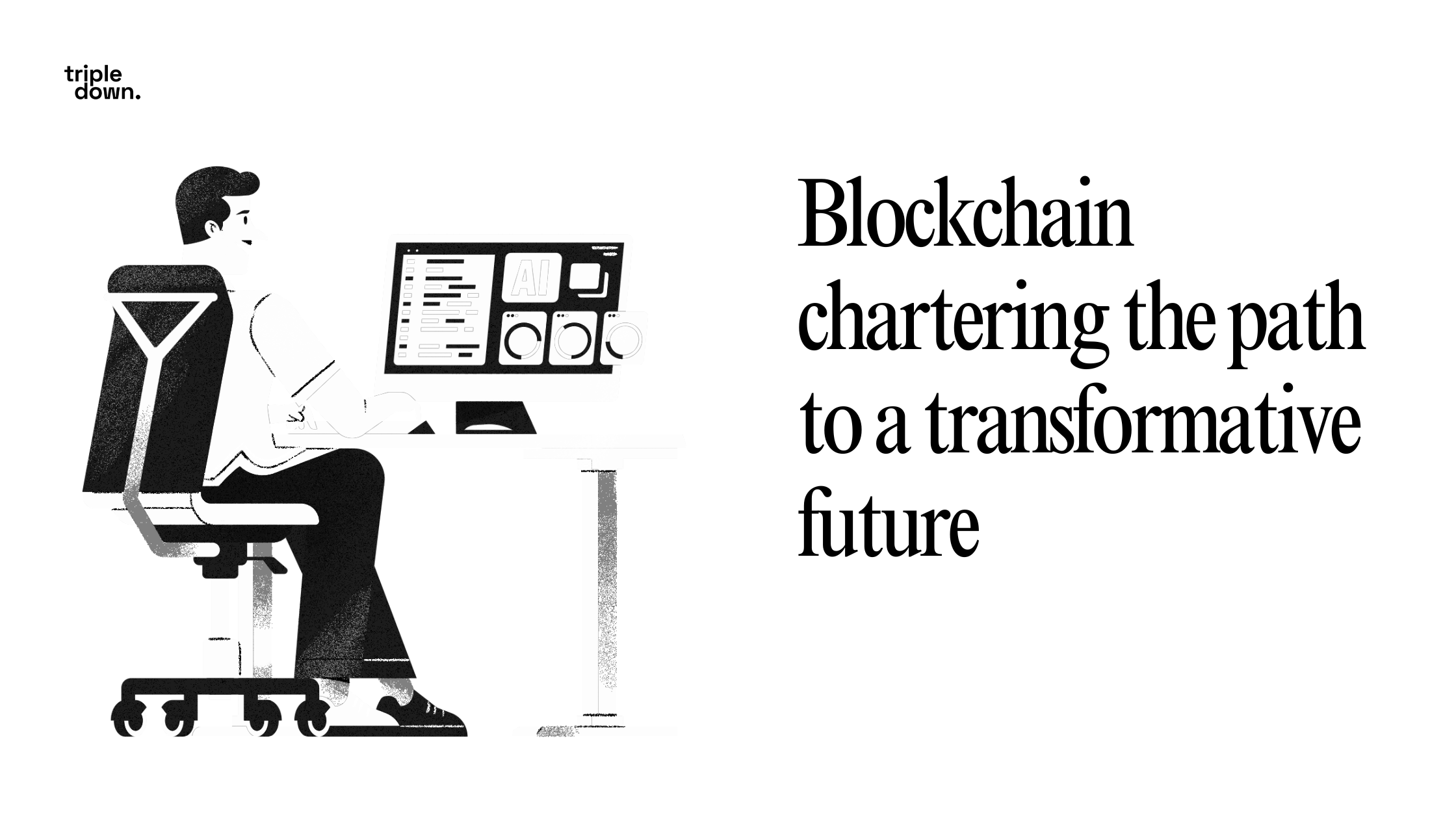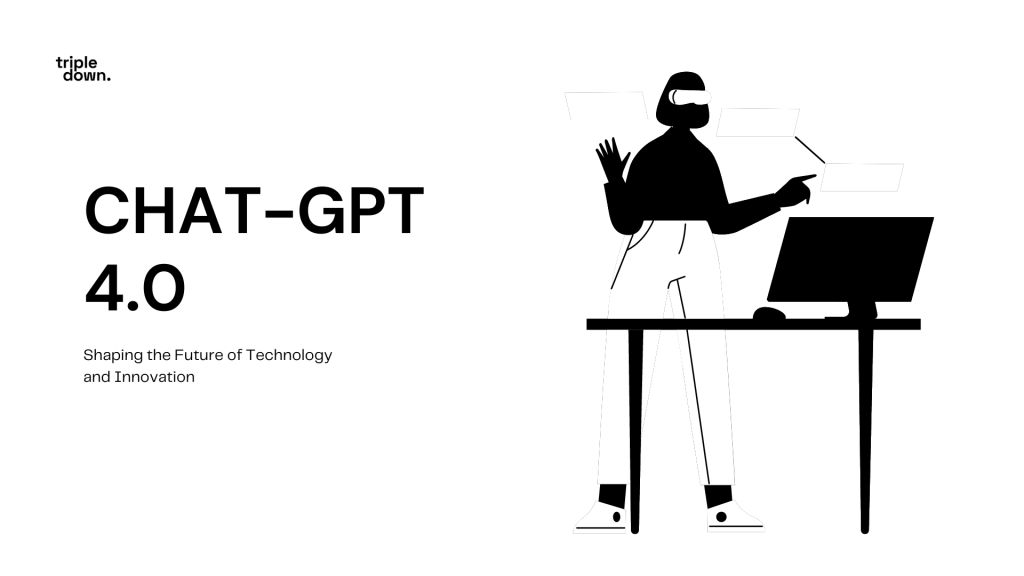
Blockchain is chartering the path to a transformed future.
In the world of technology, few concepts have captured the imagination quite like blockchain. Originally introduced as the underlying technology behind Bitcoin, blockchain has since evolved into a versatile tool with the potential to reshape industries and revolutionize processes across the board. As we peer into the future, it’s becoming increasingly evident that blockchain will play a pivotal role in shaping how we interact, transact, and trust in the digital age.
With every transaction recorded in a tamper-proof manner and accessible to all relevant parties, the need for intermediaries and middlemen diminishes, leading to increased efficiency and reduced costs.
In the financial sector, blockchain is poised to disrupt traditional banking and payment systems, offering faster, cheaper, and more secure alternatives. With cryptocurrencies like Bitcoin and Ethereum leading the charge, we’re witnessing a shift towards decentralized finance (DeFi), where individuals have greater control over their assets and can participate in a wide range of financial activities without relying on traditional institutions.
The recent approval of Bitcoin ETFs in the US, as well as the approval of both spot ETFs for Ethereum and Bitcoin in Hong Kong, has sparked interest among many investors. Major investment companies such as BlackRock and Fidelity are behind these ETFs. Additionally, South Korea and Australia are finalizing the approval of Bitcoin ETFs, proving that we are shifting to a whole different financial era.
Beyond finance, blockchain also makes waves in supply chain management, healthcare, voting systems, and even art authentication. By enabling transparent and traceable supply chains, blockchain can help eradicate issues like counterfeit goods and unethical labor practices. In healthcare, it can ensure the integrity of medical records while preserving patient privacy. In voting systems, it can enhance transparency and eliminate concerns about fraud.
Looking further ahead, the integration of blockchain with emerging technologies like artificial intelligence (AI), Internet of Things (IoT), and 5G connectivity holds immense innovation potential. Smart contracts, self-executing agreements coded on blockchain platforms, could automate complex processes and facilitate new forms of collaboration.
IoT devices equipped with blockchain capabilities could securely exchange data and execute transactions in real time, leading to more efficient and autonomous systems. Meanwhile, 5G networks could provide the high-speed connectivity needed to support the massive data throughput required by blockchain applications.
Triple Down has previously built integrations of blockchain with technologies like AI and IoT. Helping businesses stay ahead of their competition and following the evolvement in modern-day times. If you’re a business owner or a business development manager. Contact us so we can speak more on this subject.




